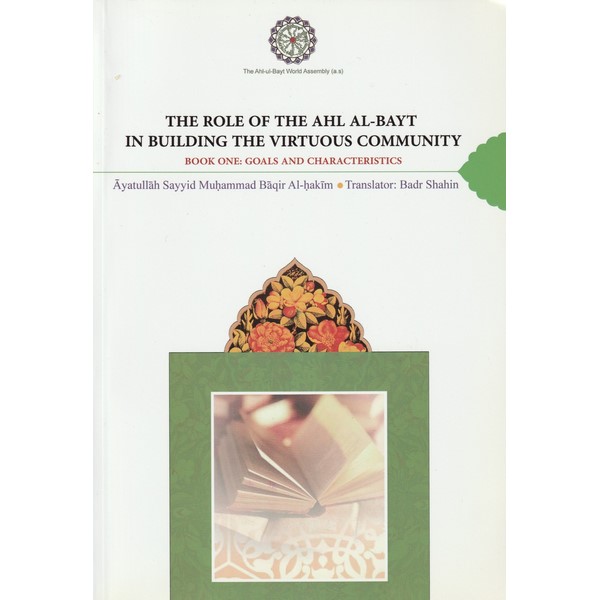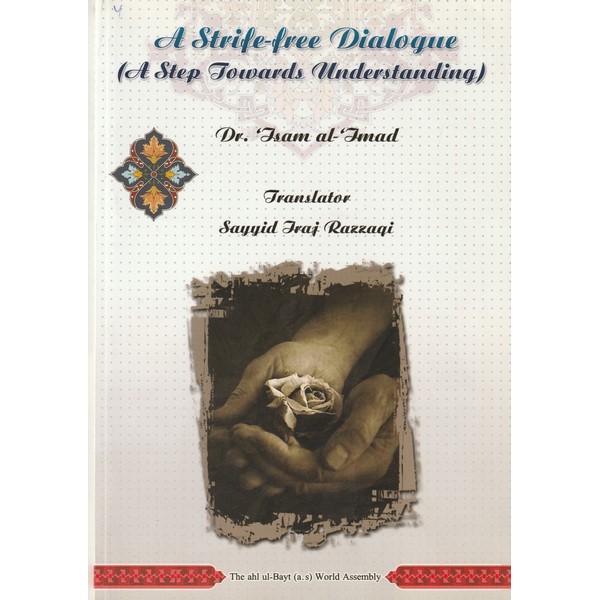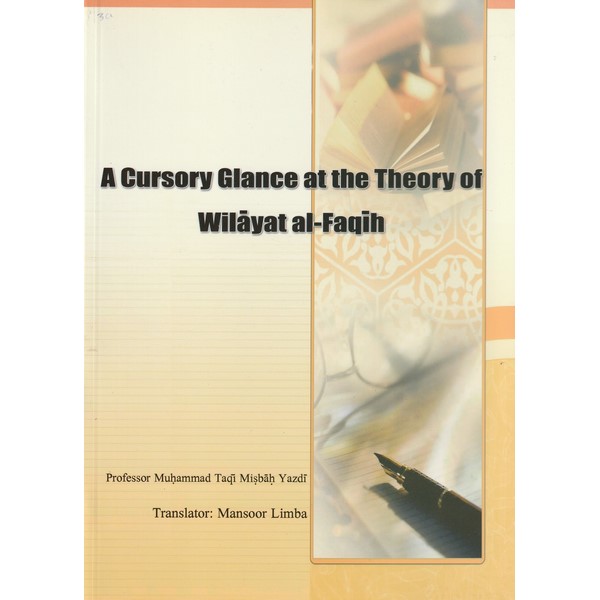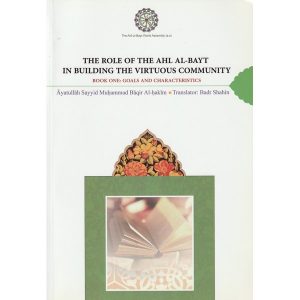| Price | £6.00 Original price was: £6.00.£0.99Current price is: £0.99. | £6.00 Original price was: £6.00.£0.99Current price is: £0.99. | £6.00 Original price was: £6.00.£0.99Current price is: £0.99. | £5.00 Original price was: £5.00.£0.99Current price is: £0.99. | £8.00 Original price was: £8.00.£0.99Current price is: £0.99. | £5.00 Original price was: £5.00.£0.99Current price is: £0.99. |
| Content | Topics covered. 1 Some difficulties 2 Arrangements of books 3 development of studies 4 The Elite during 3 Caliphs 5 Sacrifice and readiness 6 Ijtihad 7 Piety and decency 8 Will to change 9 Understanding Quran 10 Belief in Wilaya 11 Undertaking public responsibilities.
HEAVILY SUBSIDIZED BY WWW.ISLAMICTHOUGHT.CO.UK | The layout of this book has been made according to the syllabus of Hussaini Madrasah Peterborough. These pages are made for endless fun at home, so children can enjoy them. They can also be photo copied for teaching resources. Each page is full of fun filled, as well as priceless teachings of the Hoy prophet (pbuh) and the Imams.
Topics in word searches. 1 Adhan 2 Ikamah 3 Salaat 4 Mutahhiraat 5 Najasat 6 Tayammum 7 Jabira 8 Shakiyaat 9 doubts 10 Khums 11 Zakaat 12 Hajj
HEAVILY SUBSIDIZED BY WWW.ISLAMICTHOUGHT.CO.UK | This book contains word searches in following topics. 1Naflah 2 Qasr 3 Ghusl 4 Mayyit 5 Salaatjamaat 6 Sakaraat 6 Afterdeath 7 Ehkame 8 Hunoot 9 Kafan 10 Quboor 11 Barzakh 12 Grave 13 Squeezing 14 Ijara 15 Walidan
HEAVILY SUBSIDIZED BY WWW.ISLAMICTHOUGHT.CO.UK
| This book aims to establish a suitable method of communication with Wahhabis to familiarize them with Shi‘ism, and to prepare a proper ground for their conversion to the school of thought of the Household of the Prophet, peace be upon them. The author Dr Isam wrote book against the Shia accusing them of heresy, before he himself saw the light and converted to Shiaism.
HEAVILY SUBSIDIZED BY WWW.ISLAMICTHOUGHT.CO.UK | This work contains a number of speeches, articles, books, and question-and-answer sessions of the erudite professor, Haḍrat Ayatullah Muhammad Taqi Misbah Yazdi (may his sublime presence endure), which have been compiled, edited and published by the author on the subject of Wilayat al-Faqih. We believe that in the current status of our society, wilayat al-faqih constitutes the central pillar of Islam, and its safety contributes to the splendor of Islam and Islamic laws and values in the society. As such, we have decided to elucidate this theory, support it academically and logically, and enlighten the general public, particularly the young generation of our country who probably know very little about this theory and its ramifications, and thus discharge a small part of our religious duty. Likewise, we have tried to deal with all the aspects of this theory to address the subjects which we find significant and controversial. However, things like the brevity of content and the readers’ patience and the time that they have been taken into account as far as possible.
HEAVILY SUBSIDIZED BY WWW.ISLAMICTHOUGHT.CO.UK | This book Shi`ah Advanced Seminary Its Phases, development and characteristics, takes you through a journey how the Hawza system work. Topics covered 1 History of two Hawzahs 2 Style 3 Hawzah flexibility 4 Political independence 5 Economic independence 6 spiritual independence 7 First to third phase 8 Powerful education system
HEAVILY SUBSIDIZED BY WWW.ISLAMICTHOUGHT.CO.UK
|












Reviews
There are no reviews yet.